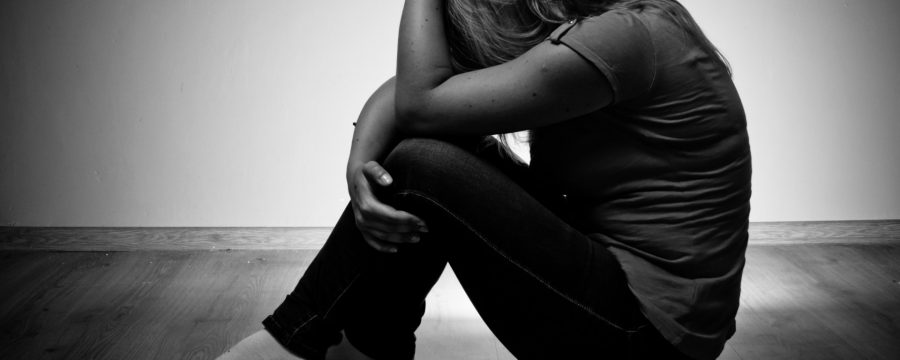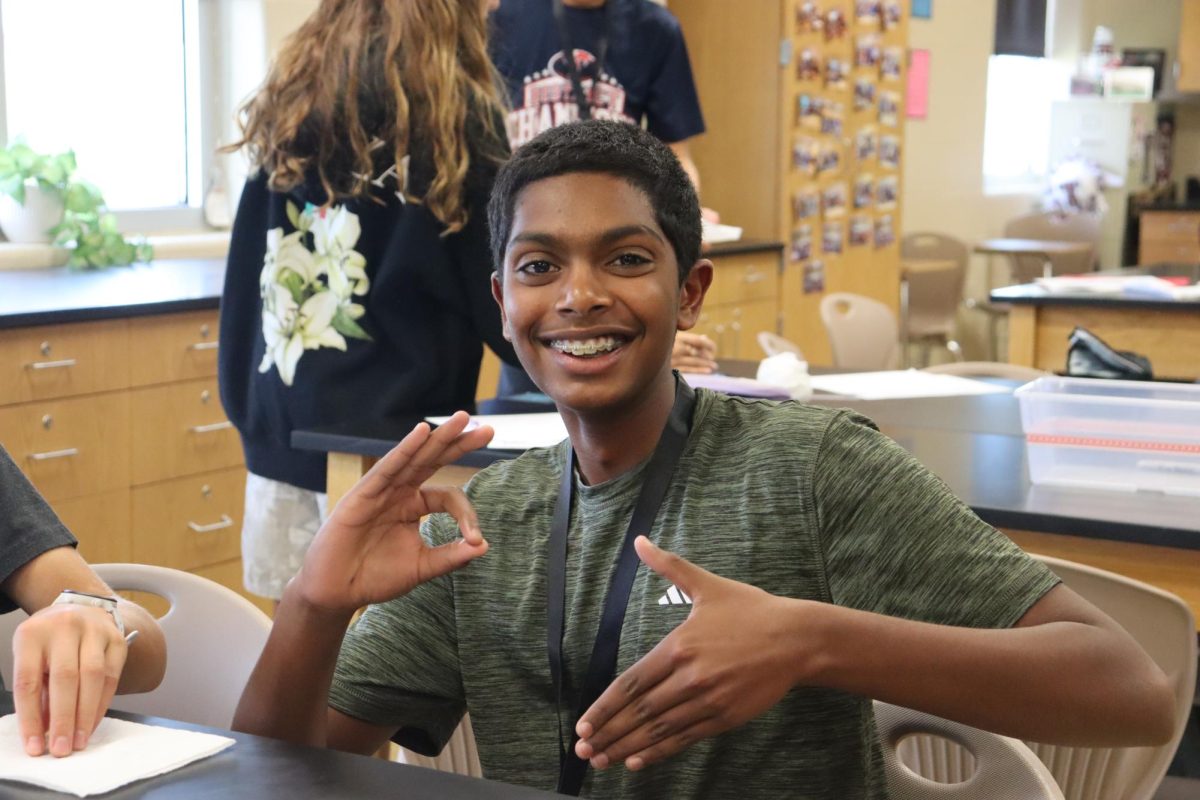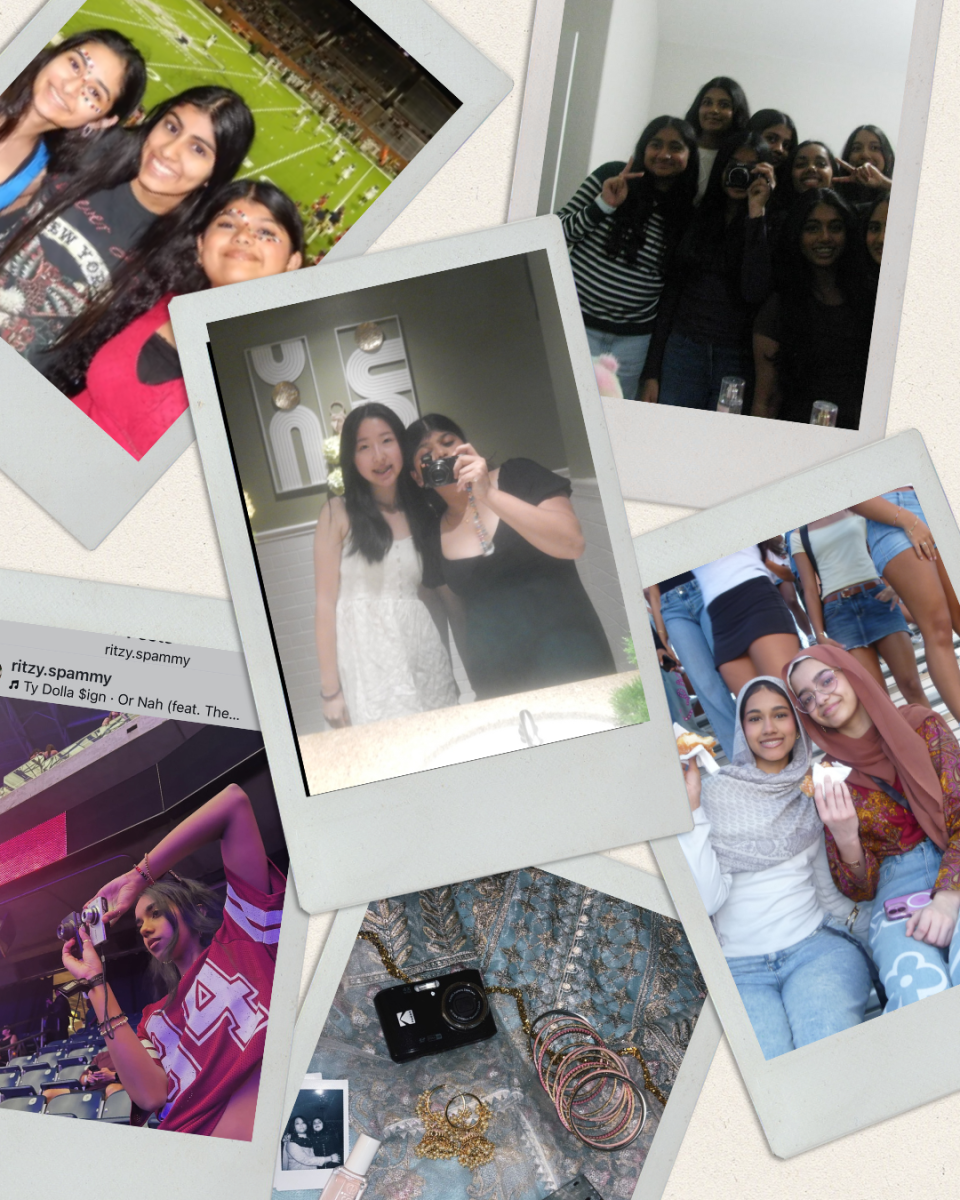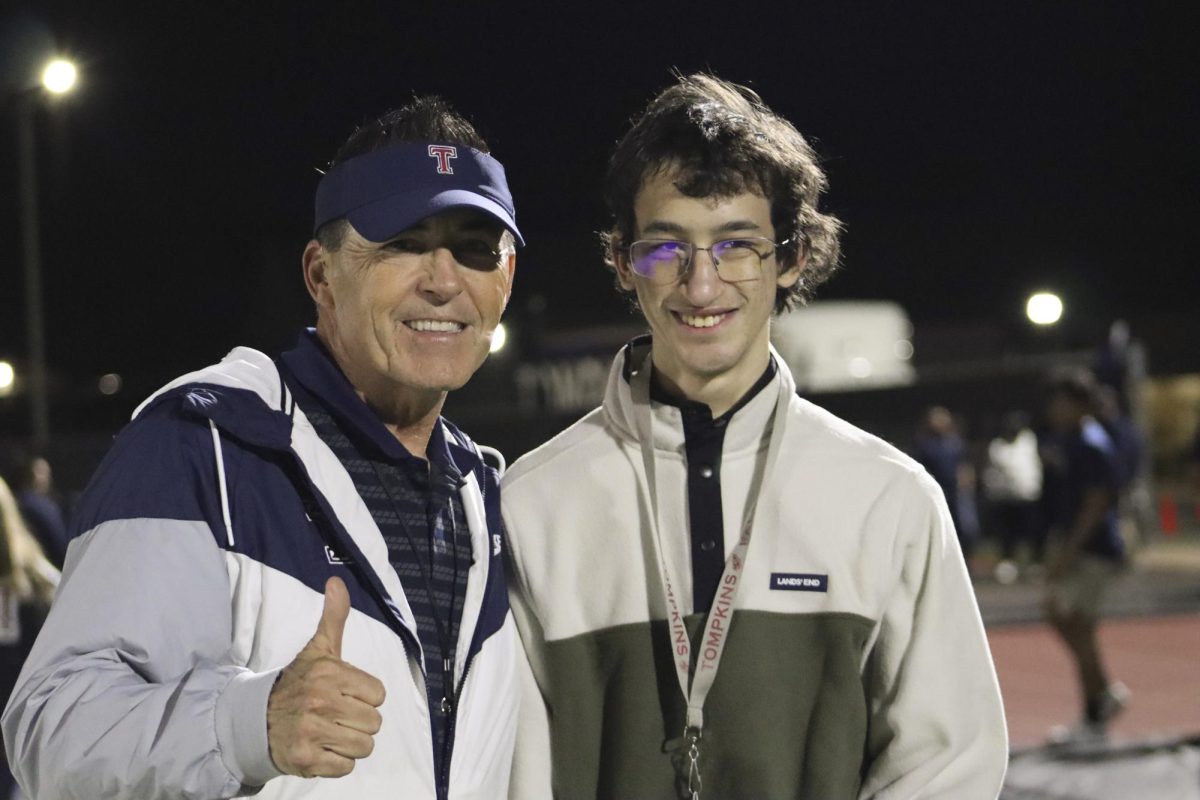As she stands in a corner, crouched in fear, a huge figure overshadows her. She is terrified of the fist she knows will soon land on her body, adding but another bruise to her endless collection. Whenever she committed a small and innocent act, like going out with friends or dancing in public, he would turn violent and punish her for having a good time.
October is Domestic Violence Awareness Month, and is often forgotten about since it collides with Breast Cancer Awareness. Domestic violence is the willful intimidation, physical assault, battery, sexual assault, and/or other abusive behavior as part of a systematic pattern of power and control perpetrated by one intimate partner against another, as stated by the National Coalition Against Domestic Violence.
“I suffered from relationship violence in college. I had a boyfriend who was physically, verbally and mentally abusive for two years. He wouldn’t let me have friends. When he would drink, and we would go out with ‘his’ friends, if I were to go dance with one of his friends, like country dance, he would get upset and at home, would beat me,” said Forensics teacher Stephanie Chronister, a domestic violence survivor.
Research has shown that one in three women and one in four men have been victims of some form of physical violence by an intimate partner within their lifetime. While some individuals may have suffered from similar violence, the effects on the body and mind vary according to the person. These include post-traumatic stress disorder, such as flashbacks and nightmares, depression, which creates a sense of hopelessness, and dissociation, causing a lack of focus and concentration in one’s daily activities. Forced intercourse and prolonged exposure to stress may also cause abused women to contract HIV or other STDs. The best way to get help in this situation is to talk it out with a trusted adult and report it as soon as possible.
“You can’t be afraid to talk to people. And they have to be qualified people. I had to go and talk to a counselor about it for a little while. Don’t be afraid to share your story because the more you talk about it, the less it’s going to hurt you. Talk about it with your friends, make everyone aware of what’s going on and then, go get help. You need mental help, no matter what the situation was, you’re going to need mental help. But talk to somebody and report it,” said Chronister.
Intimate partner violence accounts for 15 percent of all violent crimes, but often goes unreported due to a fear of revenge from the abusive partner. The main goal of the perpetrator is to take away all control from the victim, and leave the abused at the mercy of the abuser. By frightening, threatening and manipulating the person, reaching out for help is easier said than done.
“It took all my friends basically loving me and telling me ‘you shouldn’t be in this situation’. For two and a half years, almost three, I was with this guy until the July before I started teaching in Katy. One day, he yelled at me for going to a school event when I was student teaching and wanting to go see one of my kids over the summer. And that’s when I had enough, knowing that he was in Huntsville and I was in Katy, I felt safe breaking up with him and saying I’m done, I’m over the way you treated me and all that,” said Chronister.
Most people believe that, once the victim is free, the hardest part of the recovery path is over. However, reconnecting with the real world and the life one had before the abuse, can be tougher than expected. Repairing broken bonds with family and friends, forgiving yourself and rediscovering past interests are a few of the ways survivors recover from domestic violence.
“At first it was really awful so what I did is that I literally immersed myself in teaching. I wanted to make sure that no one at school, whether it was people I worked with or the kids, to go through things like that, so I immersed myself in school and made sure everybody knew that that type of thing wasn’t ok which is why I promote domestic violence awareness. And on top of that, I started making friends again. I had to make amends and basically go to all of my friends and apologize. As soon as I started making friends again, it just started to be easier and easier,” said Chronister.
Foremost, the most important aspect of surviving a domestically violent relationship is to move on. By accepting the past and making it a part of yourself, victims can build stronger characters and personalities for themselves.
“I’m seeing the person I was before the abuse again now, because of all the students and my friends. I have this awesome group of friends; two of them work here, Ms. Dove, and Mr. Gregerson. Because of all my friends and my students, I built myself back up. If you would have known me when I was student teaching, it’s two different Chronister. I was so broken and so messed up because I thought I needed this person. I was so dependent on someone that was abusive. And finally by using my students, school and my friends, I built myself back up, and I’m seeing this person I was again,” said Chronister.










